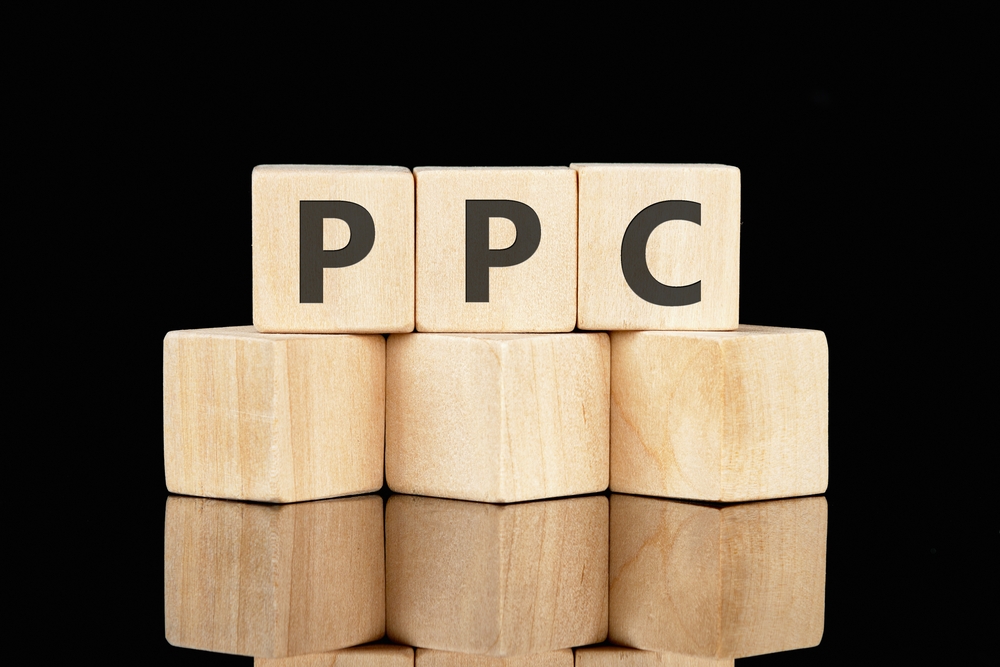
PPC Basics: Budgeting Tips to Maximise Every Pound for Ecommerce Stores
Are you looking to get the most out of your pay-per-click (PPC) campaigns while ensuring that every pound spent is maximised? Well, you’re in the right place. Regardless of whether you’re just starting out or if you’ve been running an ecommerce store for years, having a solid understanding of PPC budgeting can make or break your digital marketing efforts. It’s not about just spending money; it’s about spending it wisely to get the highest possible return on investment. Many in the industry realised that poorly managed budgets could drain finances faster than expected.
In the world of Ecommerce PPC, expenses could skyrocket if not managed correctly. That’s why preparing well, utilising the correct strategies, and constantly evaluating your performance are keys to success. You want to ensure that every quid you allocate not only supports your marketing goals but also results in tangible sales and growth for your online store. Here, we’ll dig into some approachable yet effective methods for budget management that cater specifically to ecommerce stores. Whether you’re aiming to increase overall sales, push a particular product, or reach a new audience, following these insights should give you a running start.
Know Your Goals
The first step in effective PPC budgeting is understanding what you want to achieve. It’s not enough to just increase traffic; you need to know why you’re increasing it. Define specific goals. Do you want to boost sales of a particular product line? Is your aim to grow brand awareness? Knowing exactly what you’re shooting for will help you allocate your budget wisely. Always align your PPC efforts with broader business objectives to measure success and impact properly.
Create a Realistic Budget
No one likes to deal with numbers, but setting a realistic budget is essential. Look at your past performance and decide how much you’re willing to invest, keeping both risk and potential return in mind. Consider both short-term and long-term goals, and remember that being too conservative might limit your reach, while overspending could hurt your bottom line. Over time, your budget can and should evolve as more data becomes available. When launching new campaigns, a test-and-learn approach could also prove beneficial to observe reactions before fully committing funds.
Choose the Right Platforms
Not every platform suits every business. As an ecommerce store, platforms like Google Ads and even social media channels might be high on your list. That being said, know where your customers are. If a specific platform isn’t generating the expected results, consider reallocating your budget to others that might be more lucrative. You might find that a smaller platform offers more bang for your buck, particularly if your products are niche.
Optimise Keywords and Ads
Good keyword strategy is at the heart of successful PPC campaigns. Use data-driven insights to determine keywords that are both cost-effective and high-converting. Market trends change, and so should your keyword strategy. Regularly update your ads as well. What worked three months ago might need tweaking. Ad copy, images, and calls to action need to be compelling yet true to their purpose.
Leverage Retargeting
Retargeting can turn lost opportunities into sales. People who have visited your site or even specific product pages are more likely to convert with a gentle nudge. A significant portion of your PPC budget should focus on such audiences because they’re already familiar with your brand. Retargeting hasn’t been just a buzzword; its effectiveness in increasing conversion rates, in essence, proves it to be money well spent.
Monitor and Adjust Frequently
A PPC budget isn’t a set-and-forget thing. If you want to maximize your returns, regularly check analytics to understand which campaigns are performing well and which aren’t. Use tools like Google Analytics to keep track of ROI and click-through rate. Regularly updating your budget plan based on this analysis ensures that funds are directed towards the most profitable activities.
Analyse Competitor Strategies
Monitoring what your competitors are up to can provide invaluable insights. Review what kinds of ads they’re running and where they appear. While this shouldn’t define your strategy outright, it offers useful pointers and ideas you might not have considered. Learning from competitors has been widely regarded as a clever move, opening your eyes to unseen opportunities within your market.
Conclusion
An effective PPC strategy might seem daunting initially, but with careful planning and regular tweaks, you can ensure your ecommerce store gains maximum exposure at cost-efficient levels. Not only do these practices support budget efficiency but they also make certain that each campaign contributes positively to your business objectives. Don’t be afraid to adjust; flexibility can often lead to long-term success.
For more insights and help with optimising your PPC strategies, don’t hesitate to explore PPC management for Ecommerce Stores.
